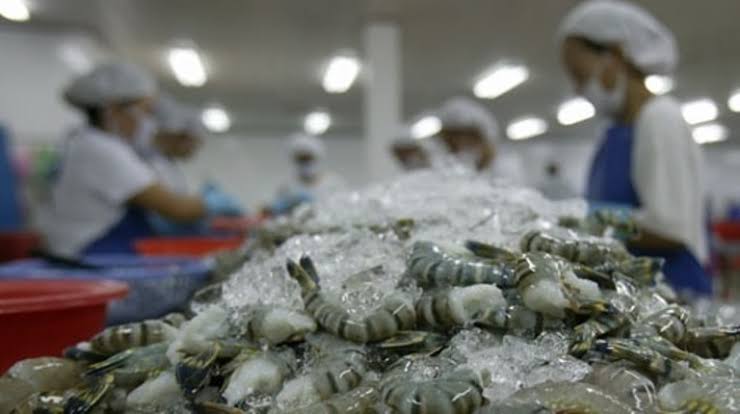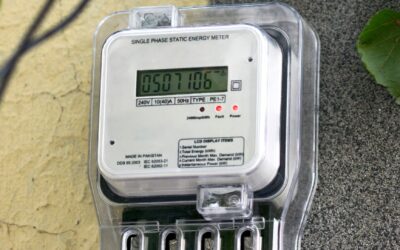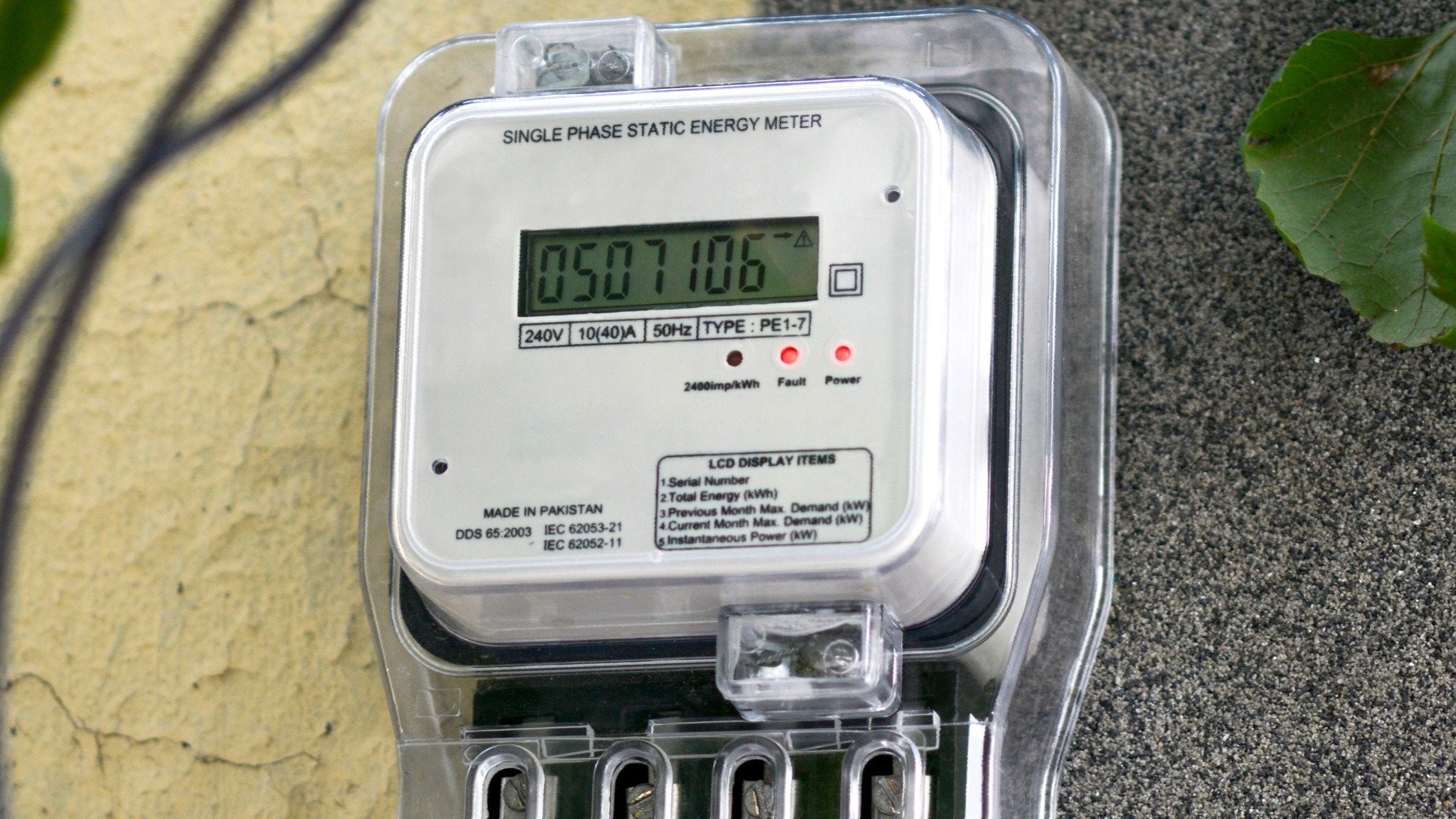Trump’s 50% Tariff Shock Puts Odisha’s US Exports at Risk

Shrimp, aluminium, minerals, petroleum products among key sectors facing impact
Bhubaneswar: US President Donald Trump has imposed a two-phase 50% tariff on Indian imports, a move expected to hit Odisha’s export sector hard. The decision will not only affect shrimp exports but also impact metals, minerals, chemicals, agricultural products, and software. According to the Odisha Export Policy 2022, the United States remains a major export market for the state, particularly for marine products, minerals, metals, and chemicals.
From April to November of the 2024–25 fiscal year, Odisha exported goods worth ₹54,400 crore. Metallurgical products accounted for the largest share at 52.3%, followed by engineering and chemicals at 8.7%, minerals at 23.1%, marine products at 3.5%, and software and electronics at 11.6%. The newly announced tariffs could jeopardize Odisha’s annual shrimp exports to the US, valued at ₹2,000 crore. It also raises concerns over the state’s ambitious goal of achieving ₹3.5 lakh crore in exports by 2026–27.
Odisha’s export basket includes aluminium, alumina, iron and steel, iron ore, processed minerals, marine products, petroleum goods, handicrafts, textiles, paper, jute, ceramics, rice, cotton, construction machinery, chemical products, plastic raw materials, air conditioners, refrigerators, spices, automobile engines and parts, cranes, lifts, medical equipment, cashew, granite, and natural stones.
In 2023–24, India exported aluminium worth USD 890 million to the US, with Odisha being the country’s largest aluminium producer. Companies like NALCO, Vedanta Aluminium, and Hindalco have major production facilities in the state. Given this dominance, aluminium exports from Odisha to the US are expected to be significantly affected by the tariff.
Petroleum products form another major export to the US from Odisha. In 2023–24 alone, the state exported petroleum products worth USD 939 million. These too are likely to be hit by the new duties.
While Odisha’s iron and steel exports to the US are comparatively limited, and thus less vulnerable, the cumulative impact across other sectors could be substantial. Industry experts warn that the tariff move may compel exporters to seek alternative markets, renegotiate trade deals, or diversify product lines to offset potential losses.
For Odisha, the concern is not only about the immediate revenue hit but also about long-term competitiveness. Shrimp exporters, in particular, fear losing market share to countries with lower or no tariff barriers. Aluminium producers face the risk of costlier access to one of their biggest buyers, potentially impacting production and employment.
With the export economy being a crucial driver for Odisha’s growth, policymakers may now need to ramp up negotiations with US trade officials and explore trade partnerships in Europe, East Asia, and the Middle East. Experts also suggest government-backed incentives and infrastructure support to help exporters adapt to changing global trade dynamics.
The Trump administration’s decision has added fresh uncertainty to Odisha’s trade outlook. For a state aiming to significantly expand its export footprint, the challenge now lies in safeguarding key industries, sustaining export growth, and finding new ways to keep its goods competitive on the global stage.








